Several bills filed this legislative session are intended to address the projected shortage in South Carolina of nearly 3,000 physicians by 2026.1 Unfortunately, many of the proposed legislative “solutions” are at the expense of patient safety, will further increase costs, do not solve rural access issues, and pretend that highly trained and South Carolina-licensed physicians are interchangeable with other less trained professionals, including:
- S.45/H.3580, S.44/H.3579, and S.360/H.4044 allowing independent practice for nurse practitioners (NPs), physician assistants, and certified registered nurse anesthetists, eliminating physician-led health care.
- S.378 allowing pharmacists, without physician collaboration, to order lab tests and prescribe drugs in certain circumstances.
- S.377 allowing out-of-state licensed healthcare providers to practice via telehealth in the state, by only completing a one-time registry application and paying a $10 fee.
In addition, the increase in NPs has created a dire shortage in South Carolina of registered nurses (RNs), which have reduced by 27% in rural areas from 2010 to 2020,2 resulting in the projected 10th largest shortage of RNs in the country by 2035.3
Instead of the short-sighted approach of shuffling players on the chess board, focus must be on increasing the overall healthcare workforce, including physicians. We must reject any “solution” that seeks to simply replace physicians and abandons the reality that physicians are the most highly trained member of the healthcare team, capable of leading and delivering the highest quality and lowest cost care.
Several approaches appropriately address the issue.
Data shows that 78% of individuals who complete medical school and residency in South Carolina will practice here.4 In 2024, 476 medical students graduated from the state’s four medical schools, but only 132 matched into South Carolina residency programs.5 Nearly 75% of the state’s graduates matched into programs outside South Carolina.6 The medical community and lawmakers must study and implement approaches to retain more of these students.
Related, the South Carolina Department of Health and Human Services funds approximately 60% of the total reported costs of Graduate Medical Education (GME)/residency programs.7 The Department recently commissioned a study and found that its current payment methodology has contributed to the physician shortage. Accordingly, the Department is developing a statewide effort to redirect GME funding to help address specific physician shortages by location and specialty with a $10 million budget request to support this effort.
1 South Carolina Department of Health and Human Services, 2025-2026 budget request, priority item 5.
2 South Carolina Office for Healthcare Workforce Brief, Growth and Decline in Selected Healthcare Occupations Active in SC Workforce: 2009/10-2019/20, July 2022.
3 South Carolina Office for Healthcare Workforce Brief, Unpacking HRSA’s Registered Nurse Supply and Demand Projections for SC, 2020-2035, January 2023.
4 South Carolina Office for Healthcare Workforce Brief, Trends of SC Medical School Graduates Pursuing Residency, 2016-2024, September 2024.
5 Id.
6 Id.
7 South Carolina Department of Health and Human Services, 2025-2026 budget request, priority item 5.
Primary Care Accelerated Track
In 2024, the USC School of Medicine Greenville launched the Primary Care Accelerated Track program which offers a full scholarship in exchange for completing a three-year family medicine residency and a four-year commitment to practice primary care in South Carolina. The curriculum for these students is the same as other medical students, but the time exploring other specialties is eliminated since students have already committed to family medicine.
Incentives to Practice in SC
Finally, there are efforts to make South Carolina a more attractive location to practice, including eliminating physician non-compete agreements, increasing funding for loan forgiveness, protecting alternative practice models like direct primary care, allowing a tax deduction for qualifying charity care, reducing administrative burdens through prior authorization reform, and protecting physicians by increasing criminal penalties for injuring a healthcare worker.
The SCMA lobbying team is committed to ardently working towards actual solutions to address the physician shortage,
without eliminating physician-led healthcare and sacrificing patient safety, but we cannot do it alone. We implore all physicians to join the fight now.
By Holly Pisarik, SCMA Senior Vice President of Advocacy and Policy Counsel


